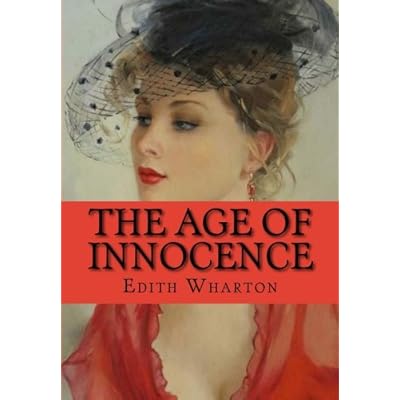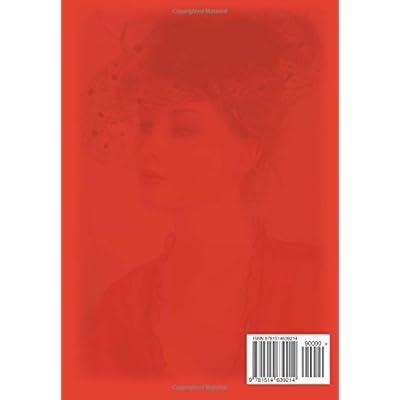The Age of Innocence
Category: Books,Literature & Fiction,Classics
The Age of Innocence Details
The Age of Innocence is Edith Wharton's twelfth novel, initially serialized in four parts in the Pictorial Review magazine in 1920, and later released by D. Appleton and Company as a book in New York and in London. It won the 1921 Pulitzer Prize for Fiction, making it the first novel written by a woman to win the Pulitzer Prize for Fiction, and thus Wharton the first woman to win the prize. The story is set in upper-class New York City in the 1870s.

Reviews
What's not to like? The setting is first in Jamestown, New York/Chautauqua Lake area where I was from; the author, Annejet van der Zijl is Dutch as is my ancestry and that got me started. It's non-fiction which I like. Van der Zijl is a respected biographer and historian. What swept me up and amazed me was this woman, Allene Tew, born in 1872 and living until 1955, having bravely survived on her own wits during the time when women were expected to know their place and know survival meant having a man provide for them. Since she moved in high society in New York City during the time Wharton published some of her novels, I am left wondering if this determined to succeed young women was an acquaintance of Ms. Wharton whose stories center on the restrictions that impeded a woman's survival without a husband. Surely the gossip and inuendos must have echoed all around Ms. Tew, but that did not deter her. I was delighted to be enlightened about this woman.



